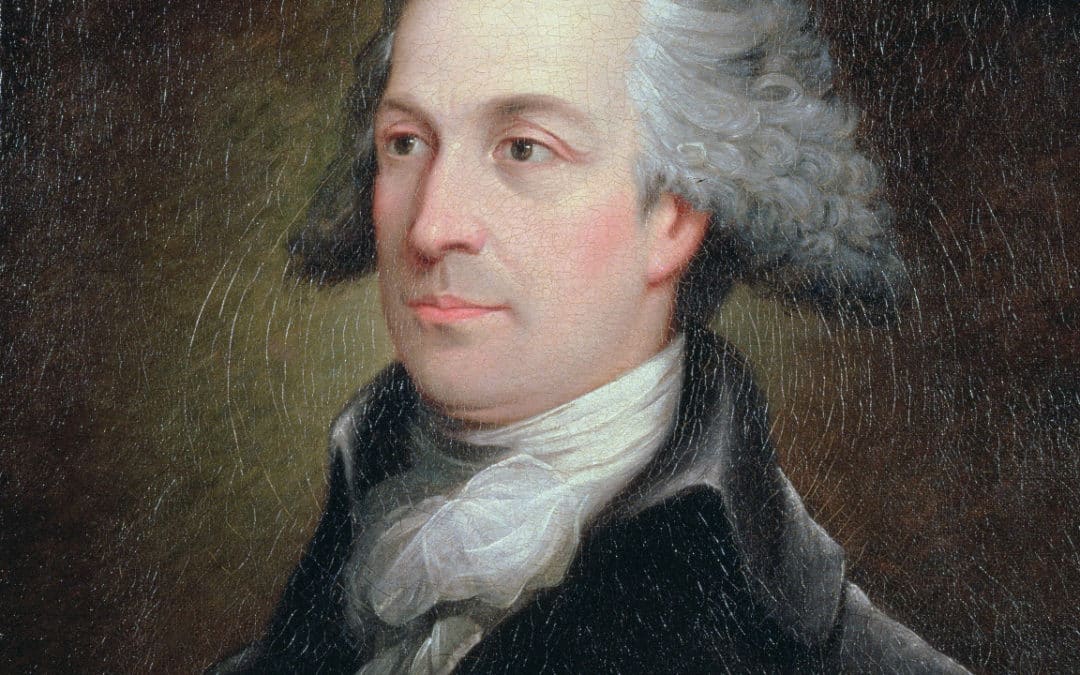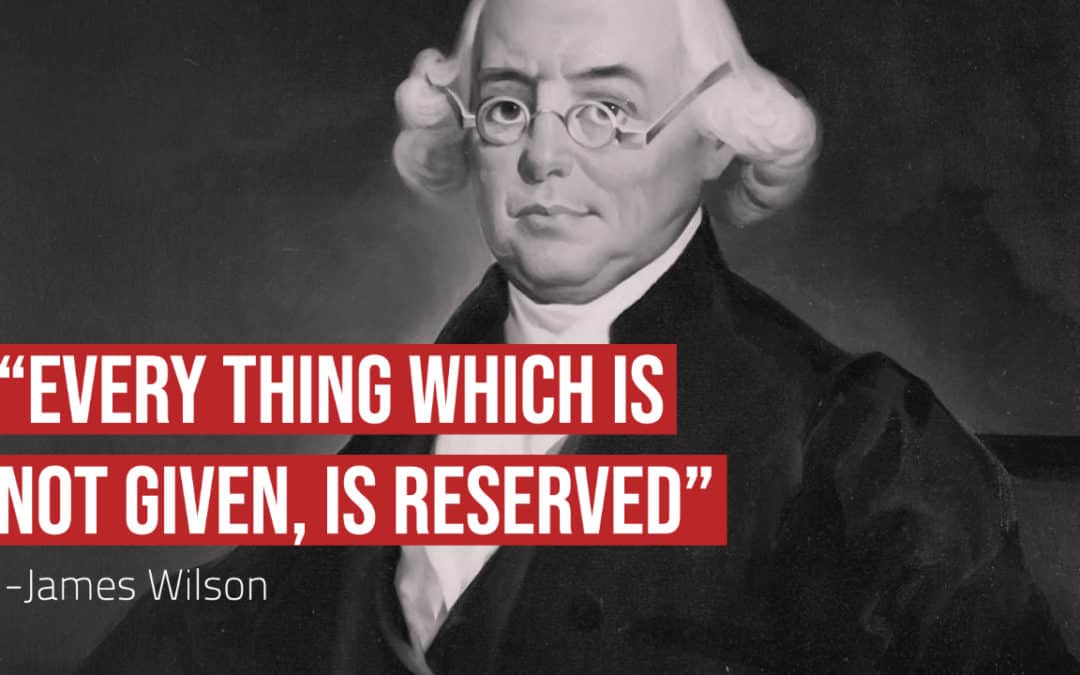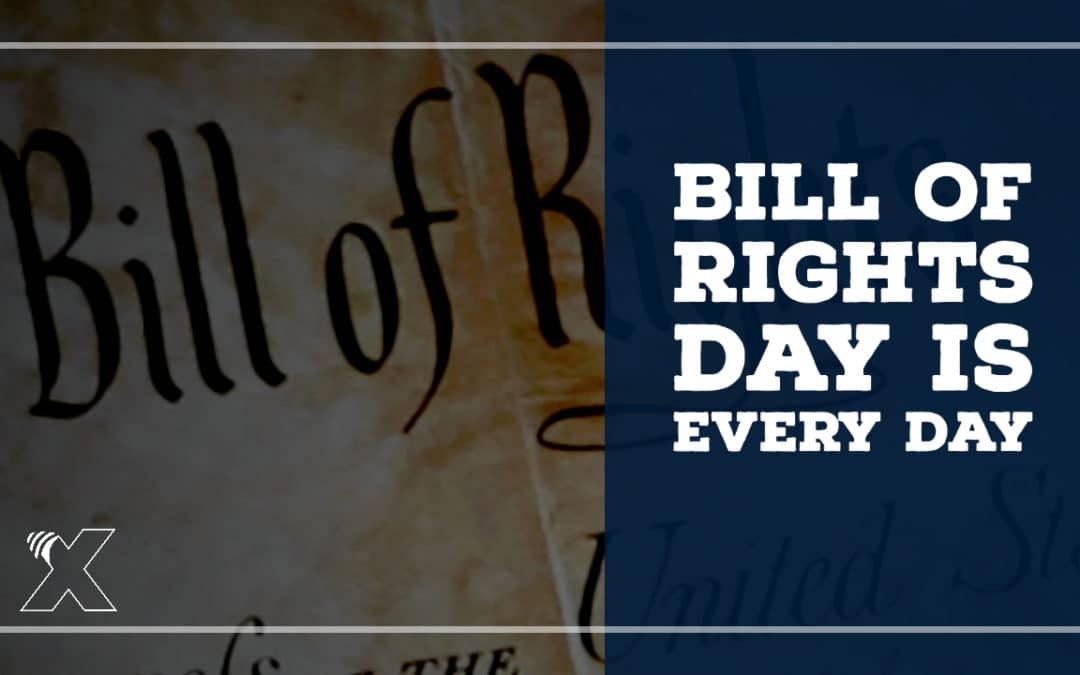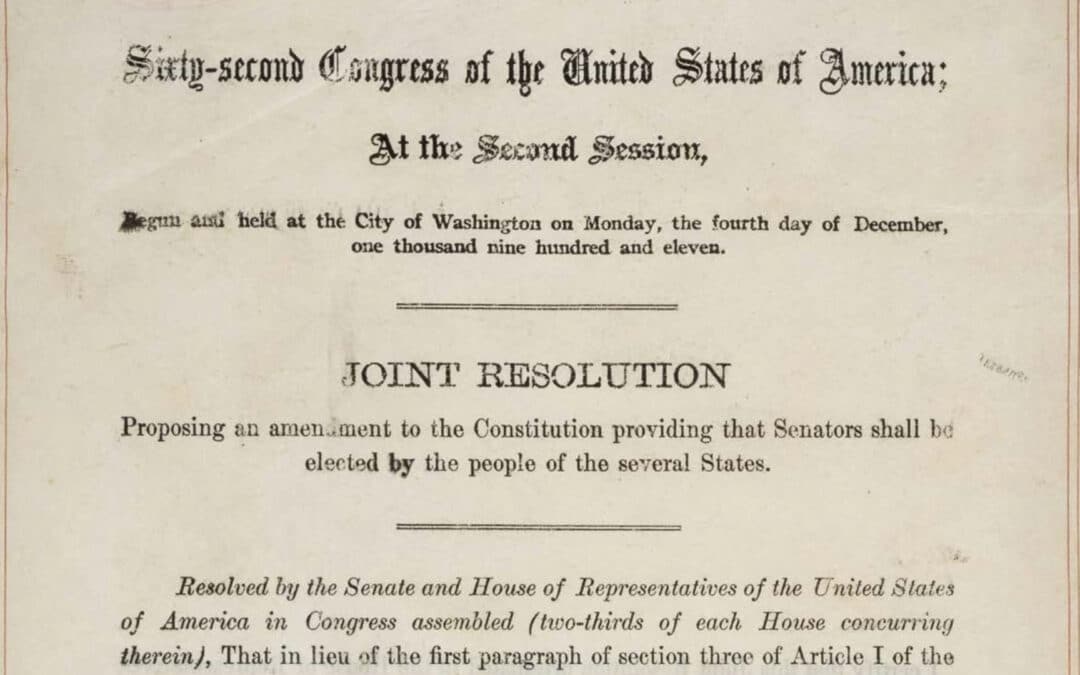


Bill of Rights: Born From the Fight Over Delegated and Reserved Powers
On December 15, 1791, the Bill of Rights was ratified and became part of the Constitution. Most people think they know why. But most actually don’t. It was birthed out of a brutal political battle between Federalists and Anti-Federalists over a question that nearly...
Bill of Rights: Forgotten Role of the 10th Amendment in Its Creation
The Bill of Rights was born from intense battles between Federalists and Anti-Federalists over delegated and reserved powers. This clash not only shaped its contested origins but also left its true purpose misunderstood to this day. 1. Initial Efforts Rejected During...
17th Amendment: How it Broke the Safeguard Against Consolidation
When the framers designed the Senate, they envisioned it as a safeguard for the states, with a key component being state legislatures choosing senators instead of the people at large. Federalists repeatedly assured the Anti-Federalists that because of this structure,...
